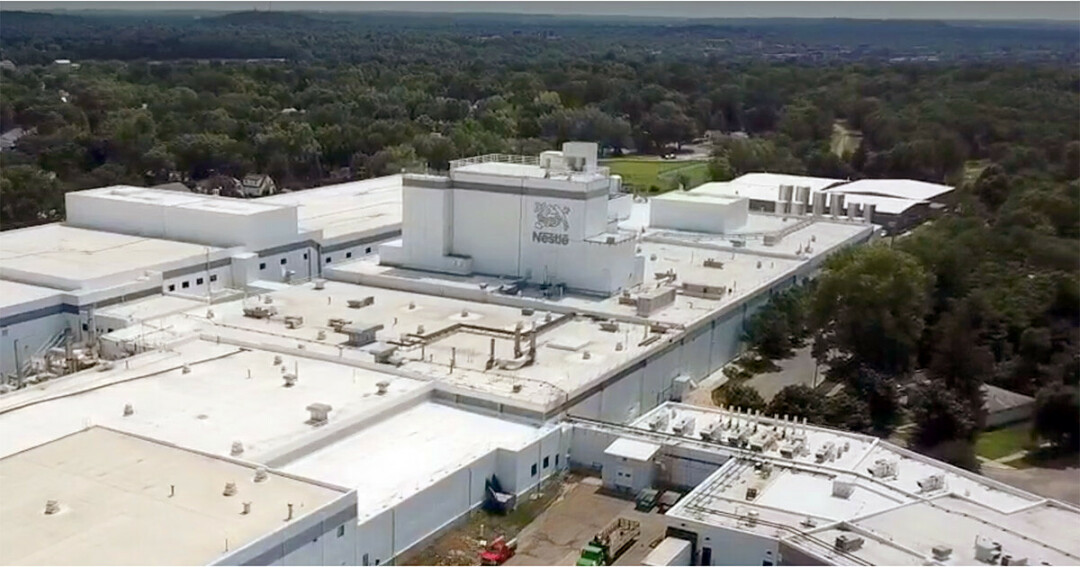Nestlé Has Big Plans for Eau Claire Plant
company announces $43M investment, addition of 60 jobs
V1 Staff |

Nestlé Health Science plans to invest $43 million into its Eau Claire manufacturing plant, a move the Swiss-based firm said will create about 60 jobs. Nestlé announced Jan. 18 that is will add two new production lines the factory, 1200 Nestlé Ave., which will be used to make “high-demand ready-to-drink consumer products.”
According to a media release, “The facility produces an array of medical nutrition products, such as tube feeding formulas, and nutritional drinks from brands such as BOOST and Carnation Breakfast Essentials.”
The expansion will create an estimated 60 jobs including packaging, processing, and filling lines, as well as positions for engineers and mechanics.
“With this investment, Nestlé Health Science will expand and enhance our manufacturing facilities to better meet the needs of patients and consumers,” said Gaëtan Sion, vice president of Manufacturing, Nestlé Health Science U.S. “Also, as a member of the Eau Claire community since 1987, we’re proud to help strengthen the local economy by generating more job opportunities that offer competitive pay and benefits.”
Economic development officials praised the news. “Nestlé Health Science’s additional investment in Wisconsin is great news for the Eau Claire community and our state,” said Missy Hughes, Secretary and CEO of the Wisconsin Economic Development Corporation, the state’s lead economic development organization. “Their commitment to innovation, sustainability, and economic wellbeing makes them a leader not only in Wisconsin but in the global marketplace, and we welcome their expansion in our state.”
Nestlé said its Eau Claire plans is a “zero waste-to-landfill facility” and packages its products in Tetra Pak cartons made with “responsibly sourced materials.” In addition, the company says, “The site is also investing in water optimization that will ensure over 90% of total factory water usage is fully recovered by the end of 2023.”


















